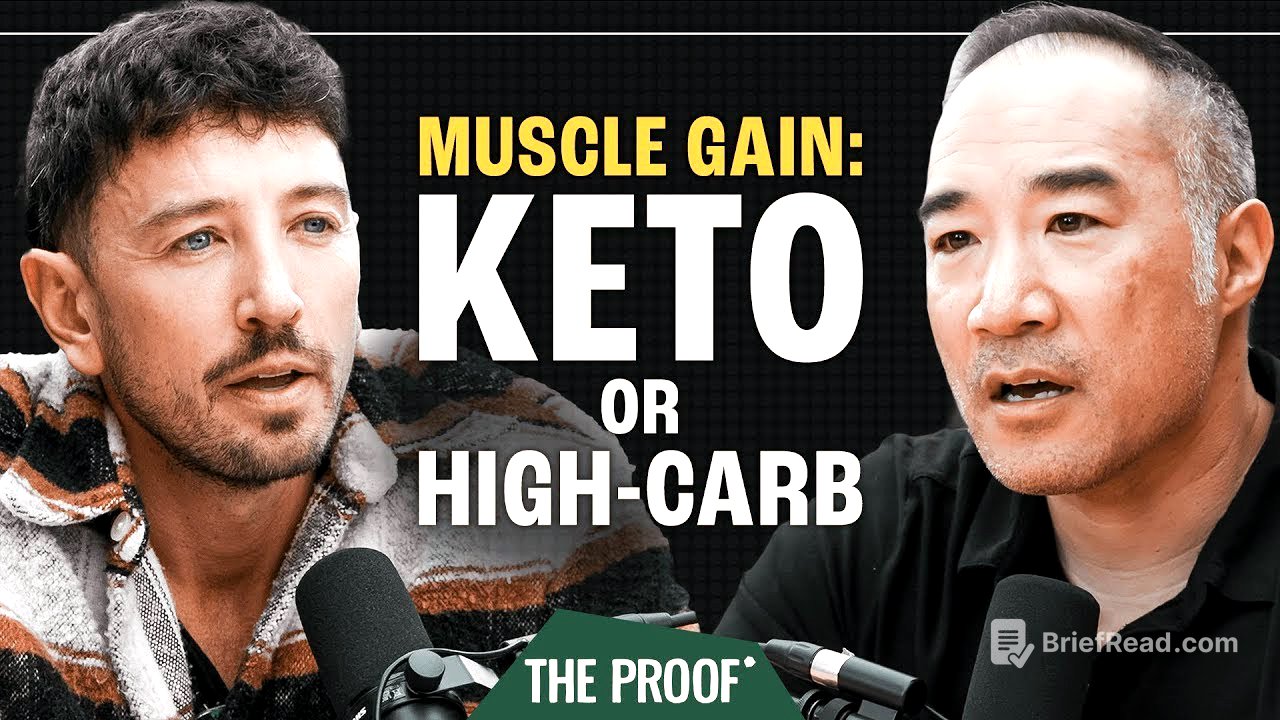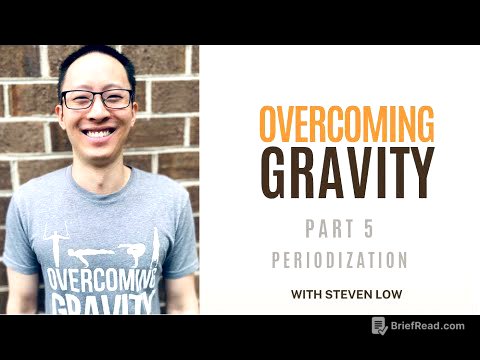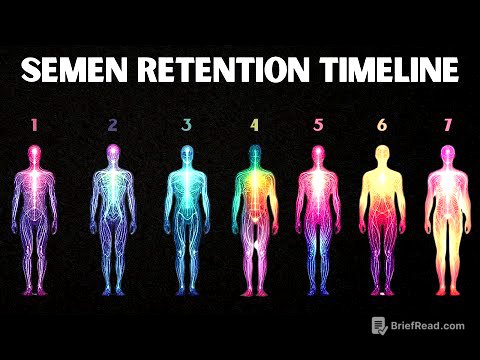TLDR;
This video addresses the impact of ketogenic versus high-carbohydrate diets on muscle building and fat loss. It challenges the carbohydrate-insulin model of obesity, arguing that calorie balance and protein intake are more critical for fat loss than carbohydrate restriction. The discussion covers the practical implications of ketogenic diets, including their effects on satiety, food choices, and long-term adherence, as well as the concept of keto adaptation and its relevance to athletic performance.
- Ketogenic diets compromise lifting capacity and muscle growth compared to high-carbohydrate diets when protein and calories are matched.
- The carbohydrate-insulin model of obesity is largely unsupported by scientific evidence, with insulin playing a less significant role in fat storage than previously thought.
- Ketogenic diets can lead to weight loss primarily through spontaneous calorie reduction due to increased satiety and limited food choices, but long-term adherence is challenging for most people.
- Keto adaptation, characterized by maximal ketone levels and fat oxidation, occurs within 1-2 weeks, and the idea that longer adaptation periods provide additional benefits is often a research community joke.
Ketogenic vs. High-Carbohydrate Diets for Muscle Building and Fat Loss [0:00]
Ketogenic diets are not optimal for building muscle compared to high-carbohydrate diets, especially when protein intake is matched. Studies show that high-carbohydrate diets outperform ketogenic diets in increasing or retaining lean mass. Elite natural bodybuilders consume high amounts of carbohydrates during contest preparation to retain muscle, which contradicts the idea that ketogenic diets are superior for leaning out while preserving muscle.
Challenging the Carbohydrate-Insulin Model of Obesity [3:36]
The carbohydrate-insulin model of obesity suggests that carbohydrates, by increasing insulin levels, promote fat storage and hinder fat loss. However, research indicates that insulin is more of a bystander than a primary driver of fat mass changes. Studies equating protein and calories between high-fat, low-carb and high-carb, low-fat diets show no significant difference in fat loss.
Energy Balance vs. Hormonal Influence on Body Mass [5:43]
The debate centers on whether changes in body mass are primarily driven by calorie balance (calories in vs. calories out) or hormonal factors, particularly insulin. Proponents of the carbohydrate-insulin model argue that carbohydrates lead to increased insulin, which promotes fat storage. However, studies that control for calories and protein show that overfeeding with fat leads to greater fat storage than overfeeding with carbohydrates, further undermining the carbohydrate-insulin model.
The Role of Insulin and Bodybuilding Practices [11:25]
Despite the evidence against the carbohydrate-insulin model, some continue to support it, possibly due to the simplicity of blaming insulin. Ketogenic diets often lead to unintentional calorie restriction because they limit food choices and increase protein intake, which enhances satiety. Bodybuilders use insulin injections to achieve extreme leanness, demonstrating that fat loss is possible even with high insulin levels, contradicting the carbohydrate-insulin model.
Practical Implications and Long-Term Adherence to Ketogenic Diets [13:14]
Ketogenic diets can be effective for weight loss due to spontaneous calorie reduction, but long-term adherence is a significant challenge. Studies show that most people on ketogenic diets increase their carbohydrate intake over time, making the diet unsustainable. While ketogenic diets can improve health markers and promote fat loss in the short term, their restrictive nature makes them difficult to maintain for the general population.
Keto Adaptation and Its Impact on Performance [17:12]
Keto adaptation involves physiological changes such as maximal ketone levels, fat oxidation, and reduced glycogen usage, which typically occur within 1-2 weeks of starting a ketogenic diet. The idea that longer adaptation periods provide additional benefits is often questioned in the research community. Studies comparing ketogenic and non-ketogenic diets in endurance athletes show performance impairments in the keto group, despite claims of enhanced fat oxidation.
Insulin Injections and Their Effects on Hunger and Energy Balance [20:02]
The use of insulin injections by bodybuilders to increase muscle size and achieve extreme leanness highlights that fat loss can occur despite high insulin levels. This practice further challenges the carbohydrate-insulin model of obesity.


![[LIVE] Nebius Group (NBIS) Q2 Earnings Report & Conference Call](https://wm-img.halpindev.com/p-briefread_c-10_b-10/urlb/aHR0cDovL2ltZy55b3V0dWJlLmNvbS92aS90dm9oT1ZtaWxYby9ocWRlZmF1bHQuanBn.jpg)






